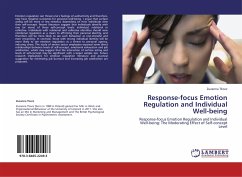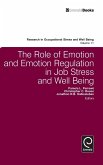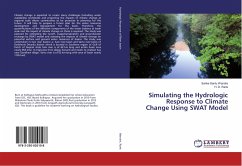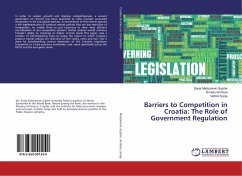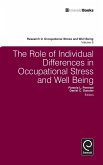Emotion regulation can threat one s feelings of authenticity and therefore, may have negative outcomes for personal well-being. I argue that surface acting will be more or less stressful, depending on how individuals view their self-concept. Recent literature suggest that individuals identify with one (or more) of three self-concept levels: individual, relational or collective. Individuals with relational and collective identities should view emotional regulation as a mean to affirming their personal identity, and therefore will be more likely to see such behaviour as non-stressful and even rewarding. In contrast, those with strong individual identity will be more likely to see emotion regulation as a threat to personal agency, inducing stress. The study of service sector employees exposed some direct relationships between levels of self-concept, emotional exhaustion and job satisfaction, which may suggest that the interaction of surface acting and levels of self-concept may be significant with a larger sample size. Future research implications for emotion regulation literature and practical suggestion for minimizing job burnout and increasing job satisfaction are proposed.
Bitte wählen Sie Ihr Anliegen aus.
Rechnungen
Retourenschein anfordern
Bestellstatus
Storno

